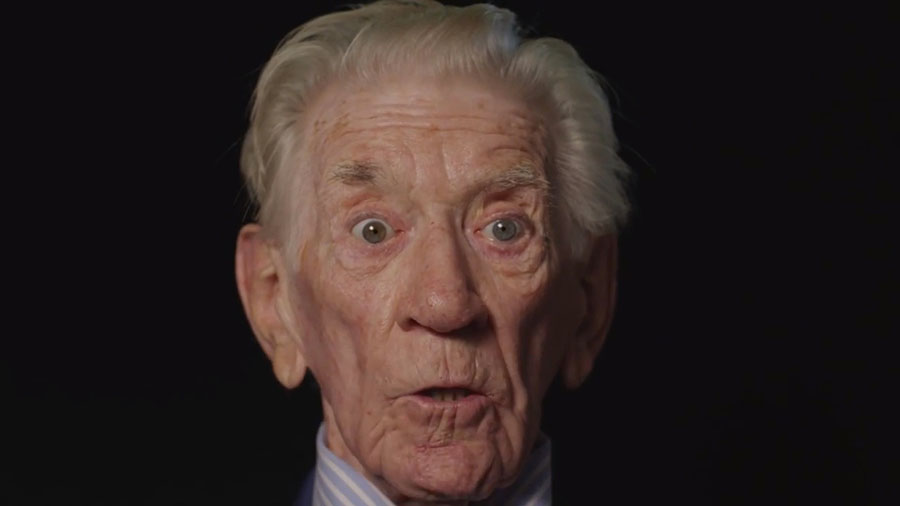Scientists from New York have been able to determine the life span of humans and pin it down to a single number. According to the research published in the scientific journal Nature, humans can’t live longer than 125 years old.
Back in the nineteenth-century living pass the 50-years old was considered an anomaly, however, thanks to medical and technological advances, humans have been able to outlive that life expectancy and stretch it a few 50 years further. The creation of medicine as we know it, antibiotics, safer childbirth and attacking deadly diseases such as cancer have helped humans to expand their lifespan which made scientists doubtful about calculating a generalized lifespan.

The recent publication, however, has managed to determine just how old a modern human can live and calculate a top rate for people around the globe. Researchers made the discovery by using world databases, such as the Human Mortality Database, to determine this numbers.
“It seems highly likely we have reached our ceiling. From now on, this is it. Humans will never get older than 115 years old,” said Professor Jan Vijg, lead researcher from the Albert Einstein College of Medicine to the Washington Post.
Humanity has reached its top age
Jeanne Calment, a French lady, born in 1875, has been the only human being on Earth to reach the age of 122 years old. Calment died in 1997 at her nursing home back in France.
Researchers have informed that Jeanne’s case is a rare one and that is unlikely for another human being to reach that age or to outlive it. As the study puts it, the only opportunity of this happening again would be once in 10,000 years.
New York researchers led by Vijg investigated the possibilities of humans reaching a top life span, in the past decade humans have been outliving their expectancy. The man
The primary resource for researchers was the International Database of Longevity, a document that handles the death ages of people from 41 different countries between 1968 and 2006.
The team of researchers found that humans have, in fact, started to live more thanks to advances in health and prevention but they reached a top age. When humans reach the age of 100, these improvements start to decline.
“In contrast to previous suggestions that human longevity can be extended ever further, out data strongly suggests that the duration of life is limited,” read the study published by researchers.
To put in contrast the argument, researchers used the Gerontological Research Group, which features all deaths from 1971 to 2015, to analyze the ages of the deceased people in the last years.
According to the investigation the top age in 1994 was 114 years old, which led researchers to determine people’s life expectancy is currently 125, however, it is very unlikely for someone to reach that age.
The published study has been celebrated by many in the science world and rejected by others such as the director of the Max-Planck Odense Center, James Vaupel, who referred to the investigation as “travesty” and assured this ‘mistake’ had been made previously in the past.
“It is disheartening how many times the same mistake can be made in science and published in respectable journals,” said Vaupel.
The team of researchers notes that even though humanity has made advances in fighting diseases and causes of early deaths, it hasn’t been able to fight aging for its complexness.
Source: Nature
